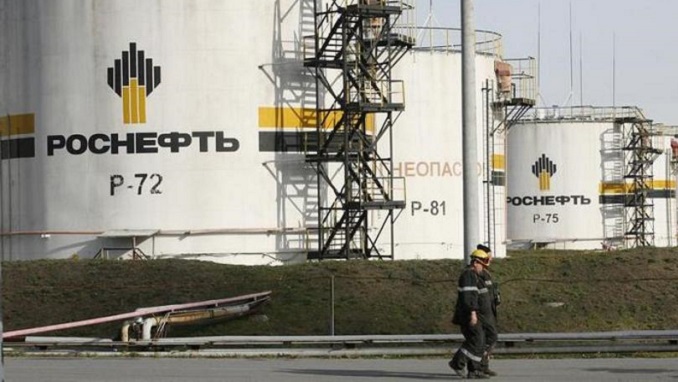Qatar wanted higher returns on its existing stake in Russia’s state-owned oil company Rosneft before it bought more, sources familiar with the negotiations held in the past few months told Reuters.
The request from the Qatari delegation was one of the triggers which prompted Igor Sechin, the head of Rosneft and a close ally of President Vladimir Putin, to propose last week a $2 billion share buyback and an $8 billion debt reduction, marking a significant shift in the oil company’s strategy.
Days later, one of the world’s largest sovereign wealth funds, the Qatar Investment Authority, raised its stake in state-controlled Rosneft to just under 19 percent from 4.8 percent bringing the value of its total investment to 10 billion euros.
“The pledge to reduce debts and embark on a buyback was taken by Rosneft’s directors as part of preparations for Qatar’s investment,” one of the three sources familiar with the talks, said.
Rosneft and the QIA declined to comment.
The shift to focus on shareholder returns and debt reduction is Rosneft’s biggest in years after a decade of expansion which turned the group into Russia’s most indebted company with borrowings of more than $90 billion as of the end of 2017. This has had an impact in terms of Rosneft’s valuation versus its rivals.
Rosneft’s market value is currently around $65 billion, while its production is at more than 5 million barrels of oil equivalent per day. ExxonMobil, the world’s biggest oil company by market value, has a market cap of $330 billion while producing less than 4 million Boe.
Investors say this partly reflects the impact of Rosneft’s heavy debts.
“Rosneft is just plain cheap. Look at where it value stands versus peers and compare it with its production,” one of the sources involved in negotiation told Reuters asking not to be named as the matter is not public.
The company’s shares were also hit by sanctions on many Russian companies after Moscow’s annexation of Crimea and incursion in east Ukraine.
Sechin traveled to Doha in March together with his right-hand man, first vice-president Pavel Fyodorov, who spent days negotiating the Qatar deal, according to two sources close to the talks.
The new partnership could also help Rosneft expand its gas projects around the world, possibly in cooperation with Qatar Petroleum, the world’s largest producer of liquefied gas.
For Qatar, the deal showed the country’s return to making large-scale investments nearly a year after a boycott by its Gulf neighbors.












